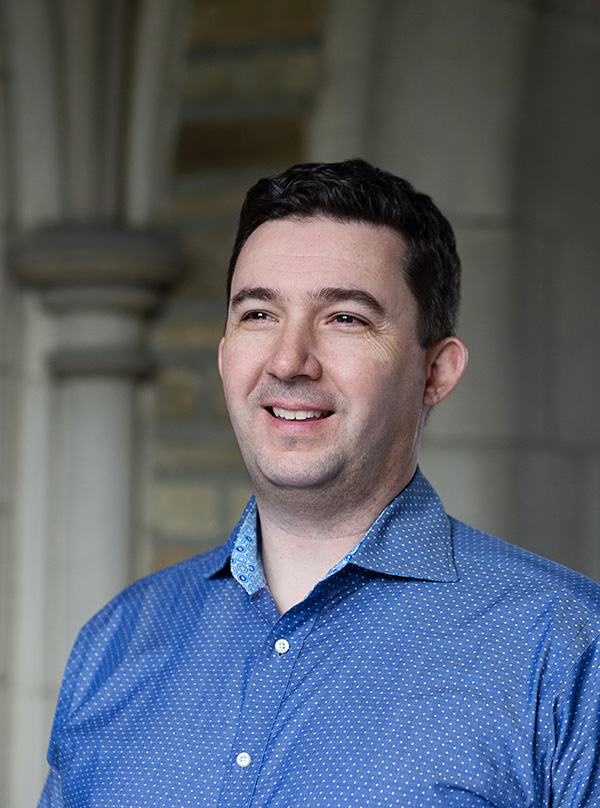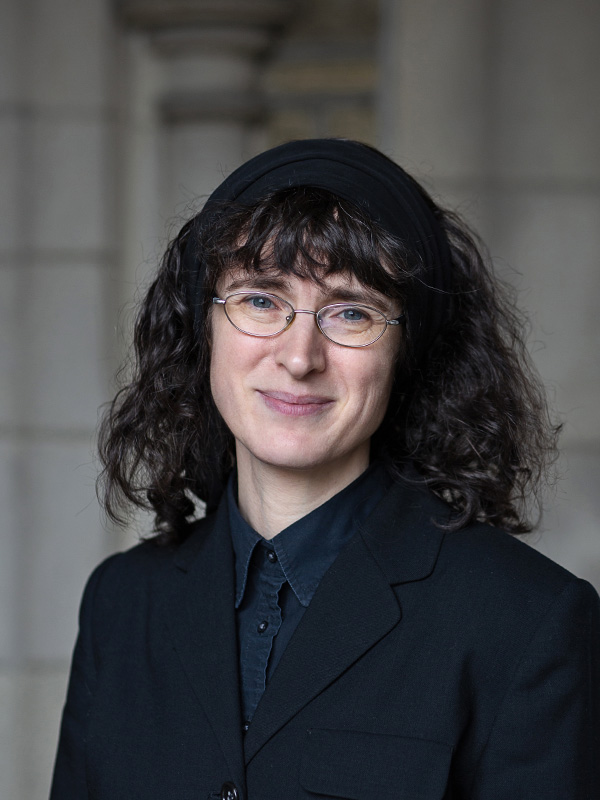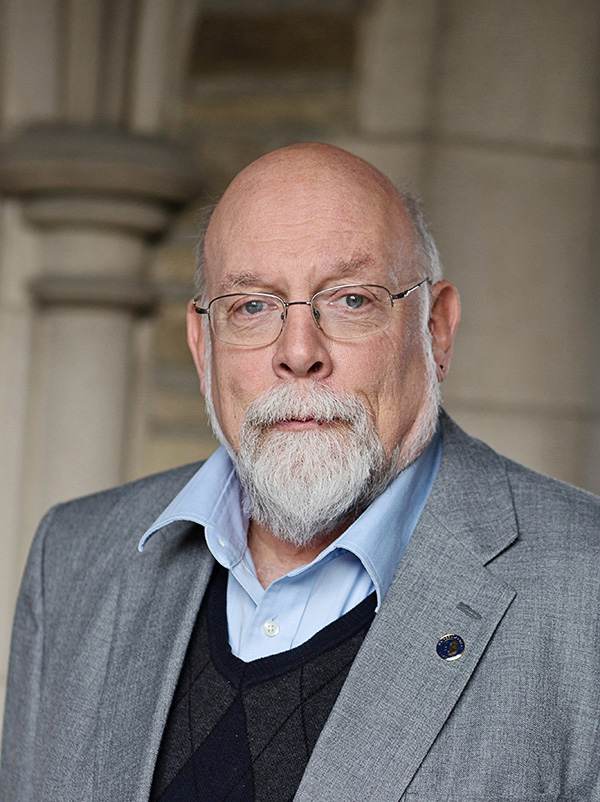So, it’s time. June 30th will be my last day as Director of the Legal Information Institute.
That is good reason for mixed feelings. The LII has been the center of my professional and personal life for the last 27 years. The step away will leave a large gap in both. Some of the challenges have not changed much over three decades, but many have. It’s time for fresh perspectives. And I’m ready for a third career, or a seventh, depending on how you count.
I’m proud of what the LII has done. We’ve helped a lot of people to find and understand the law — over the years, hundreds of millions. That is the most important thing to the world, I think. It is not the most important thing we have done. We were among the first, if not the first, to break the commercial publishers’ intellectual monopoly on legal information. When Peter Martin and I came on the scene, legal-information publishing was whatever WEXIS said it was. Legal publishers were deeply concerned with the breadth of their collections, and hardly at all with improved presentation or integrated information architecture. They could not have cared less about the needs of non-lawyers. It was all a mile wide and an inch deep. The time was ripe for change, and we were the first to use the Web to try our hands at it. We started something that has gone a long way and is still going, all around the world.
No doubt others might have done that. A very few preceded us, using methods that existed before the Internet. Certainly many joined us after our first forays in 1992. But I think the LII’s concern for the non-lawyer public and the deep need that it has for access to primary legal texts was and is unique — even (maybe especially) among open-access providers. Regulations remain the largest contact surface between the global public and the legal system. Case law remains the primary concern of the vast majority of legal publishers, commercial or otherwise. There’s a disconnect there. When we are at our best, our work reconnects the public with the system that governs them. Since 2016, that work has become both more prominent and more urgent.
Most of all, I am proud of all of the things that the LII has become, of all of the ways in which it has changed and grown over time, of its resilience and of the endless inventiveness of those who have worked here. That has ensured our relevance for much longer than is usual for any program based in an American law school. I know of only one or two of any kind in any law school that have been as durable. None has performed a greater public service. Our small group has preferred hard problems over shiny techno-trends, resisted dogma, and shunned facile media-friendly approaches. We have never assumed that serving a good cause guaranteed that our choices and methods were necessarily the best. Bob Wilson once said that an artist asks “what is it?” rather than saying “that is what it is”. I hope that we have been legal-information artists in exactly that way. Most of the time, we have been.
Our place within a first-rate American law school has provided us with faculty expertise and enthusiastic and knowledgeable students. It has often been a good home. Deans Osgood and Schwab grasped our vision and provided significant understanding and support. Eduardo Peñalver has, more than anyone since the very early days, seen the importance of the mission and understood the many intangible benefits that we bring to Cornell.
In 2007, we began a series of partnerships and entrepreneurial activities that, greatly enhanced by support from many of you, promise to keep the LII financially sound for the foreseeable future. That support has meant the world to me. Ed Walters has been our most enthusiastic cheerleader and supporter as well as a fantastic source of advice and information. Invaluable contributions of time, resources and especially wisdom from Jack Lewis and Tim Stanley helped us chart a new course and gave us a bright future. The LII’s artistry has been fueled by their Diet Coke, athletic coaching, and tremendous expertise. I am indebted to them for all of that and for what it has made it possible for us to do.
My place will be taken by Sara Frug, who will direct the LII’s technical efforts, and Craig Newton, who will be in charge of the editorial and outreach facets of the organization. They are superbly talented individuals. Sara has greater experience of the organization than anyone. She is the only person who has ever run both its editorial and technical sides. She has done that with insight, fortitude, daring, and compassion. Craig is a talented editor, litigator, and administrator who first joined us in 2006 as the (then-student) editor-in-chief of the LII Supreme Court Bulletin, and came back in 2013 as our editorial director. They have been running the place for the last year or more. I have alternately nodded approvingly and tried their patience, using the time-honored techniques of admonitory finger-wagging coupled with a certain amount of get-off-my-lawn codgering and conjuring-up of past glories. Despite this help, they are creating something that is far better and more resilient than anything I could have imagined when the three of us began planning this succession more than five years ago. They lead a crew that is the most capable and innovative we have ever had.
My confidence in them is unlimited. My expectations for them, and for the LII’s future, are high. I hope that in five years I will find the LII unrecognizable; that is how I will know that it’s doing what it should. I hope that all of you will help them, as you have helped me.
Now, as to helpers: any 27-year movie is bound to have a very long list of credits at the end. Writing this, I felt I had a choice between a list of acknowledgements and important thank-yous that did justice to far too few of you and a more accurate and equally heartfelt one that would be 700 pages long. I remain unable to make that decision, but there is a very small gallery of people who taught me a great deal.
The first is a stagehand whose name I never caught. In the summer of 1979, I made my greatest contribution to the American theater by assisting in the removal of a show called “Got Tu Go Disco” from the stage of the Minskoff in New York (yeah, it was pretty much what you’d think, and it closed after an 8-performance run). Colliding with another stagehand who was headed through the same loading door, the Anonymous Stagehand dropped whatever it was he was carrying and exclaimed, in at-the-top-of-his-lungs Brooklynese, “Excuse me, PLEASE! I am just trying to WOIK heeah!” That short statement, and the sentiment behind it, accurately capture three decades of my attempts to maintain a creative, innovative space inside an academic bureaucracy.
At Cornell, I have had many enablers. Peter Martin, my original, most generous, and boldest partner in this strange enterprise; Sara Frug, who has worked the hardest and smartest the longest for the least, and done so with skill, humility, and penetrating intelligence; Craig Newton, who saw that a species of normalcy is both possible and desirable at the LII, and has worked steadfastly toward that happy state using a skilled lawyer’s acumen, deep insight, and unfailing diplomacy. I also owe a huge debt to each and every one who has, as part of our little band, worked to make us successful, and to the many more within Cornell and a few other places who have made it possible, in ways both large and small, for us to woik heeah. There are some people important to my own professional and personal development that most of you are unlikely to know: Ron Socciarelli, Bill Warfel, Frank Torok, Tom Blandford, Chris Locke, Pat Nefos, Merle Kessler, Howard Stein, and Rob Orchard all showed me, either through teaching or example, how to do many of the things that I do to make it possible for me and others to do the things that are important to do.
Finally, there is Lenny Simons, prop man for the Miami Opera. Lenny did not suffer fools gladly. His review of my best efforts:
“Kid.”
(slow head shake)
“Kid.”
(another, slower head shake)
“Kid, you’d look good working for Flugle Brothers Dog and Pony Circus.”
(ominous pause)
“And I’m puttin’ in a call to Colonel Flugle RIGHT NOW.”
Almost forty years later, I’m still waiting for the Colonel to call back. In the meantime, there are tons of antique tools that wait for me to revive a business that sells them, maybe build a few more things with them, and a lot of exotic music to inflict on others. I am looking forward to that, and to whatever else comes next.
Some plan will doubtless present itself.
All the best,
T.
As is our custom, we close with a musical selection.





